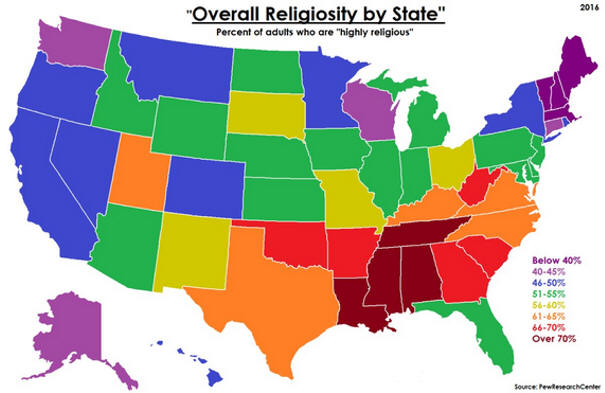" Confucianism is a
system of "ethical-sociopolitical teachings" of
Chinese philosopher
Confucius (551–479 BCE), who considered himself a
retransmitter of
Zhou values.[5]
More privately,With particular emphasis
on the importance of the family and social harmony, rather than on
an otherworldly
soteriology,[7]
the core of Confucianism is
humanistic. Confucianism
regards the ordinary activities of human life — and especially in
human relationships as a manifestation of the sacred
because they are the expression of our moral nature which has a transcendent anchorage in Heaven
and a proper respect of the
gods
While Heaven ( has some characteristics that overlap
the category of deity, it is primarily an impersonal
absolute, like
dào
and Brahman.
The this-worldly concern of Confucianism rests
on the belief that human beings are fundamentally good, and
teachable, improvable, and perfectible through personal and
communal endeavor especially self-cultivation and self-creation.
Confucian thought focuses on the cultivation of virtue and
maintenance of ethics. Some of the basic Confucian ethical
concepts and practices like benevolence" and
"humaneness are is
the essence of the human being which manifests as compassion. It
is the virtue-form of Heaven. Confucianism holds one in
contempt, either passively or actively, for failure to uphold the
cardinal moral values of rén and yì.
Traditionally, cultures and countries in the
East Asian cultural sphere are strongly influenced by
Confucianism, including mainland
China,
Taiwan,
Hong Kong,
Macau,
Korea,
Japan, and
Vietnam, as well as various territories settled predominantly
by
Chinese people, such as
Singapore. In the 20th century Confucianism's influence
reduced greatly.
In late 2015 many Confucian
leaders[which?]
formally established a national
Holy Confucian Church (孔聖會/孔圣会 Kǒngshènghuì) in China
to unify the many Confucian congregations and civil society
organisations







